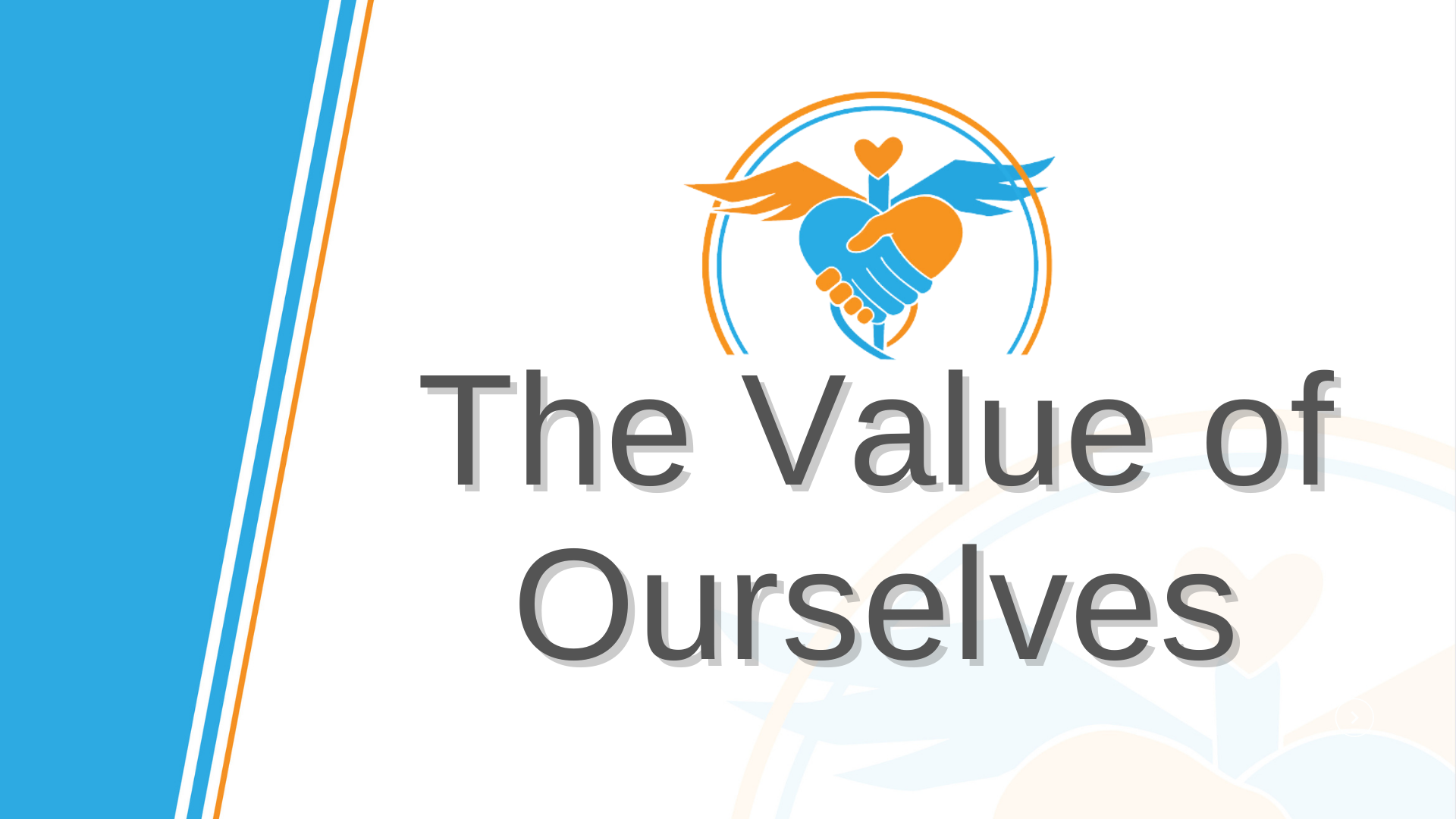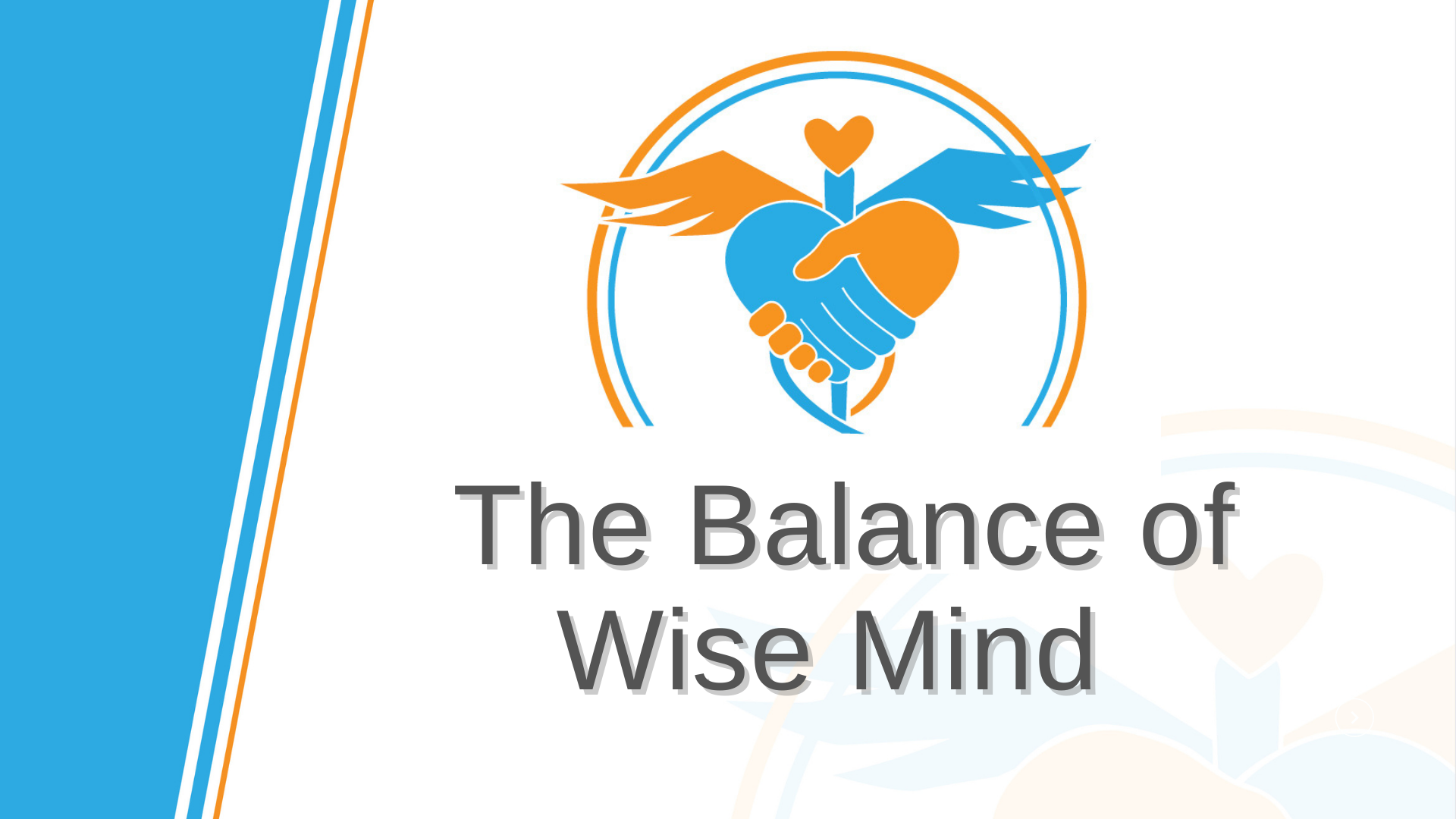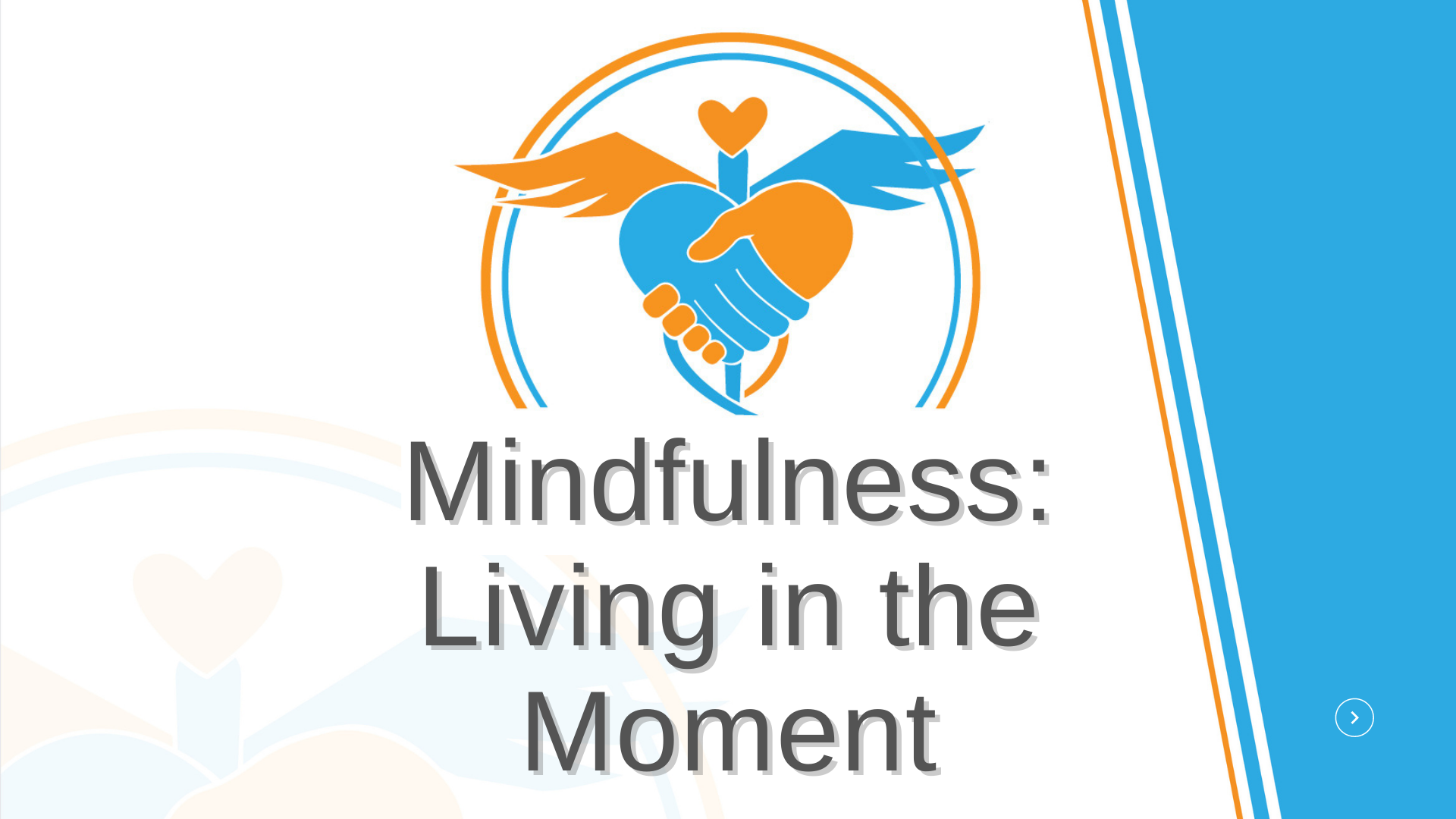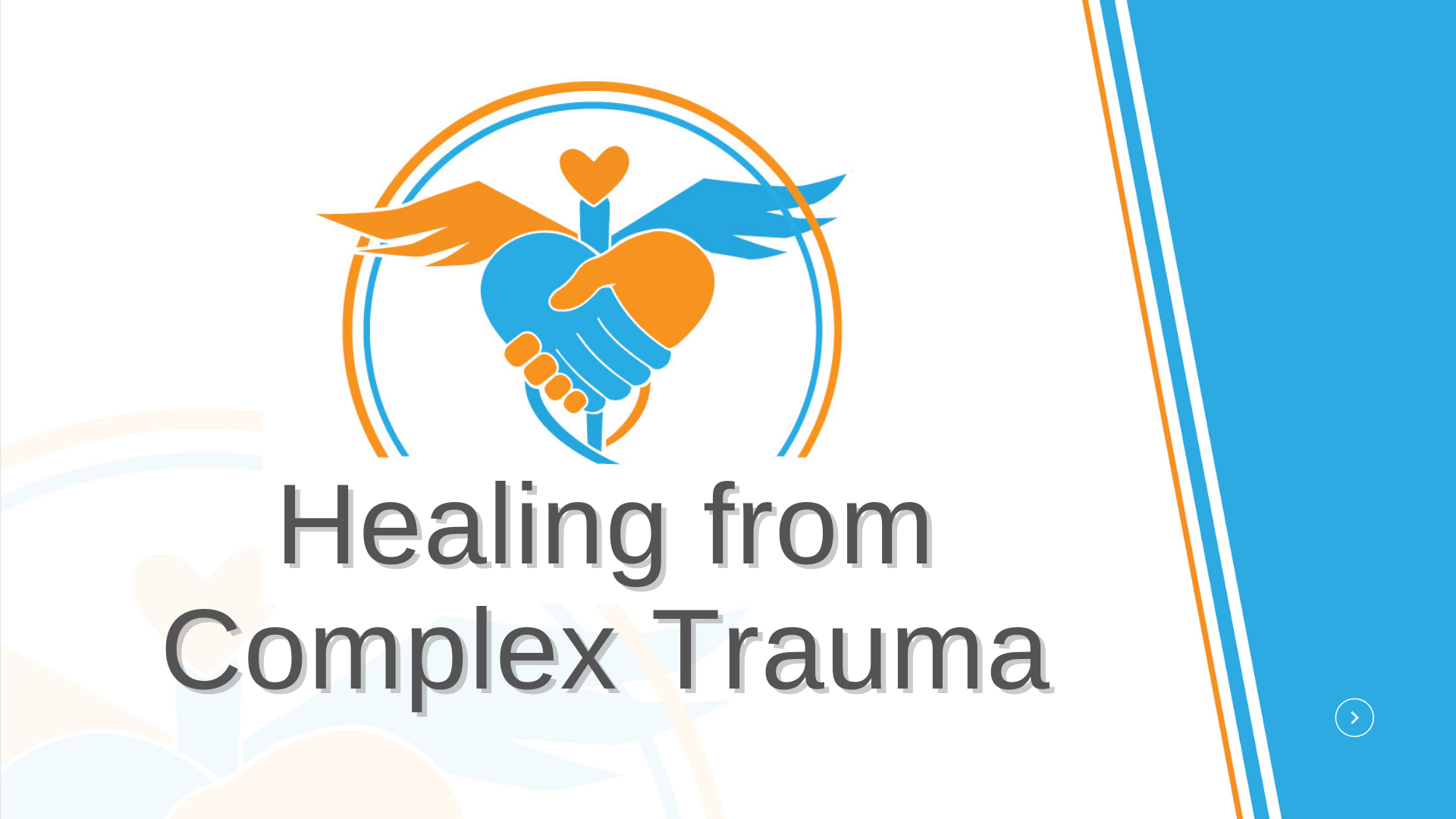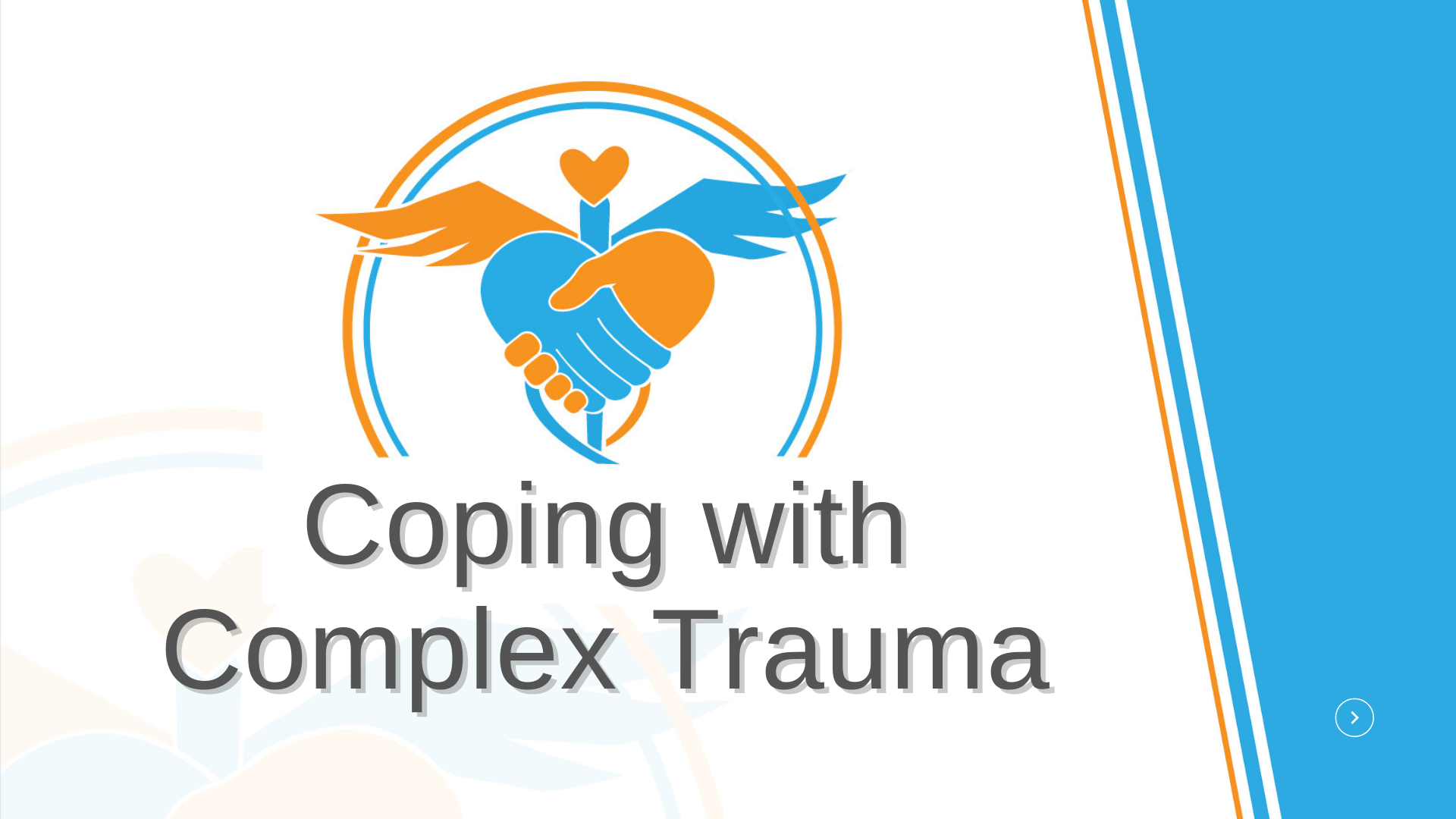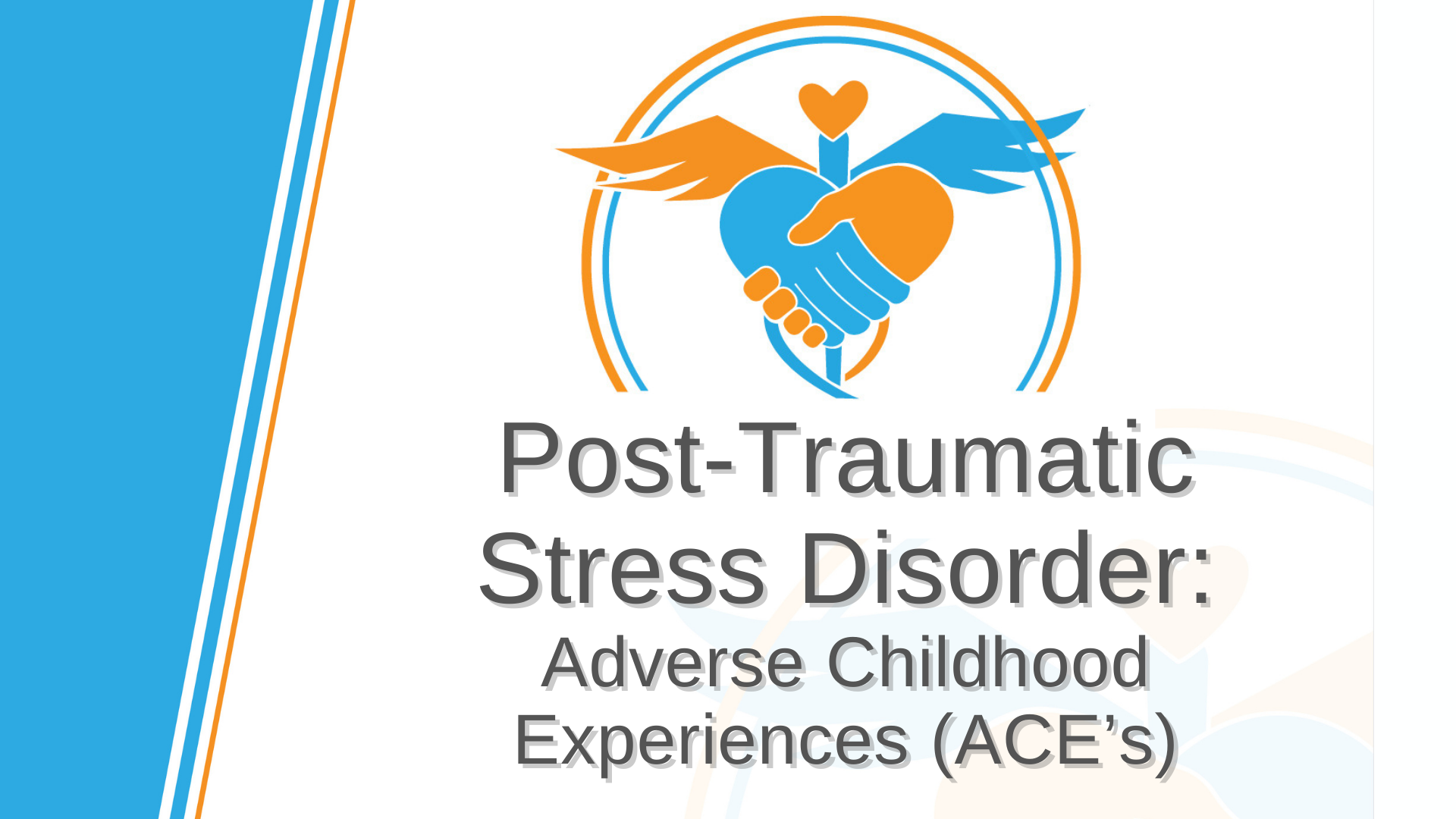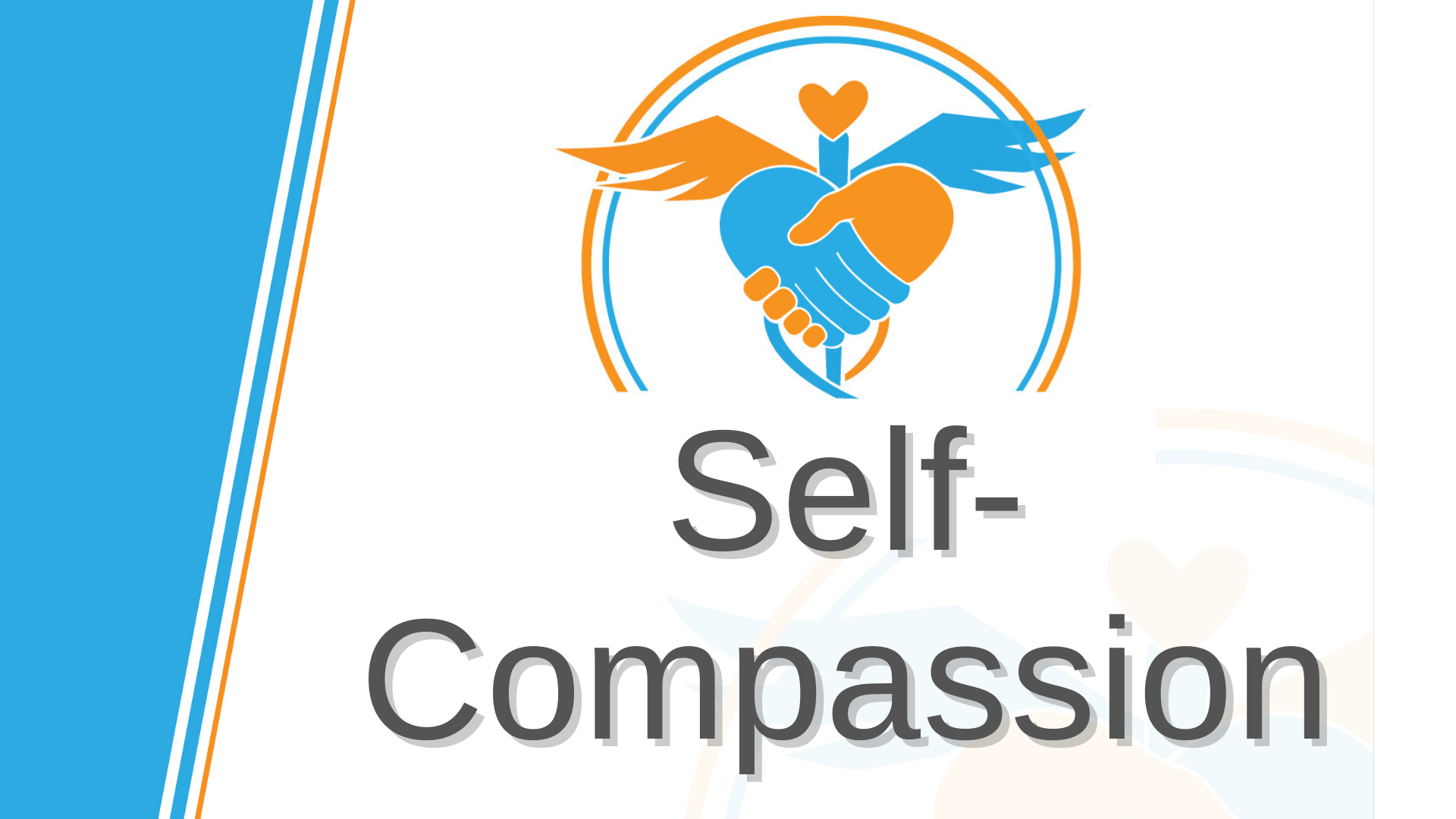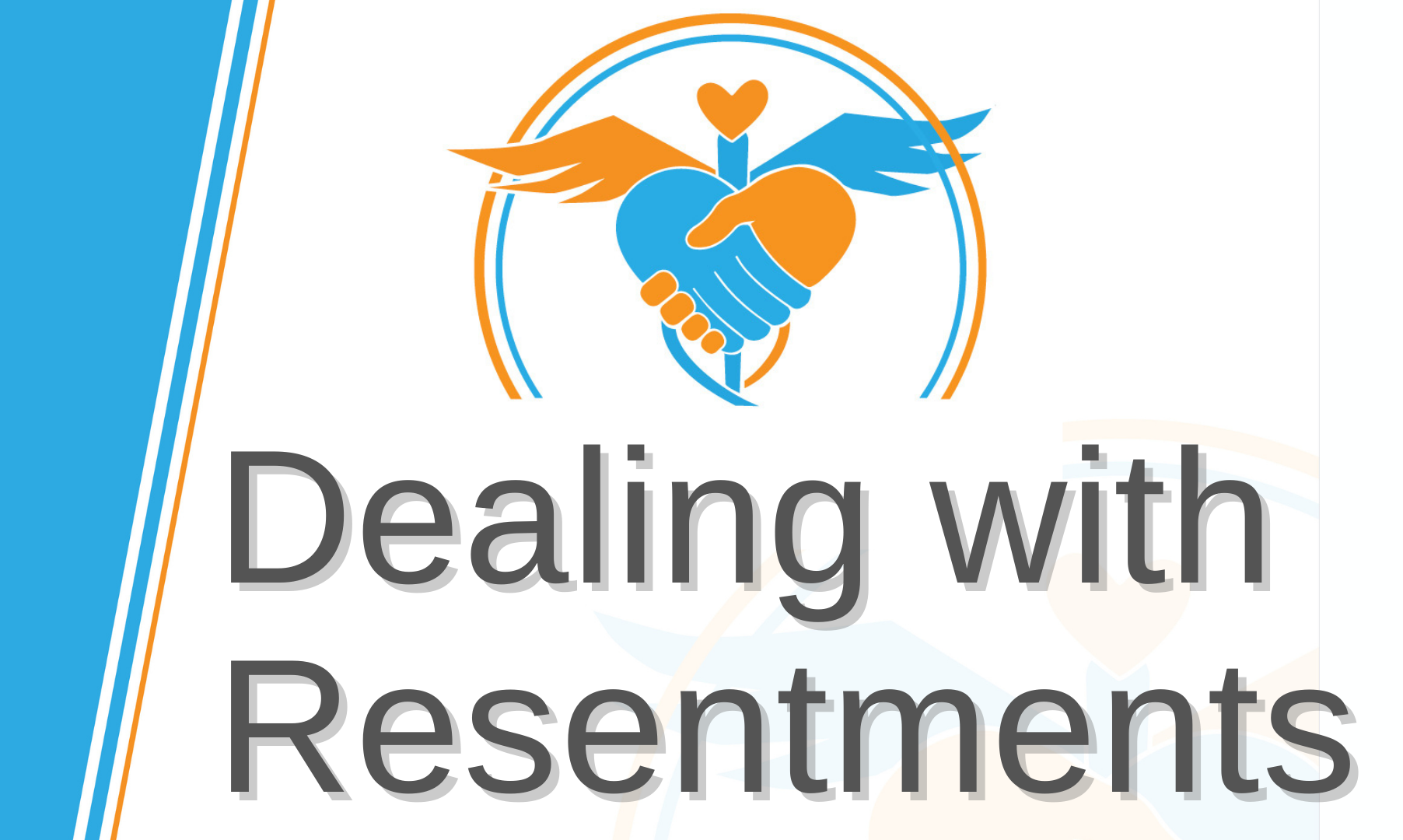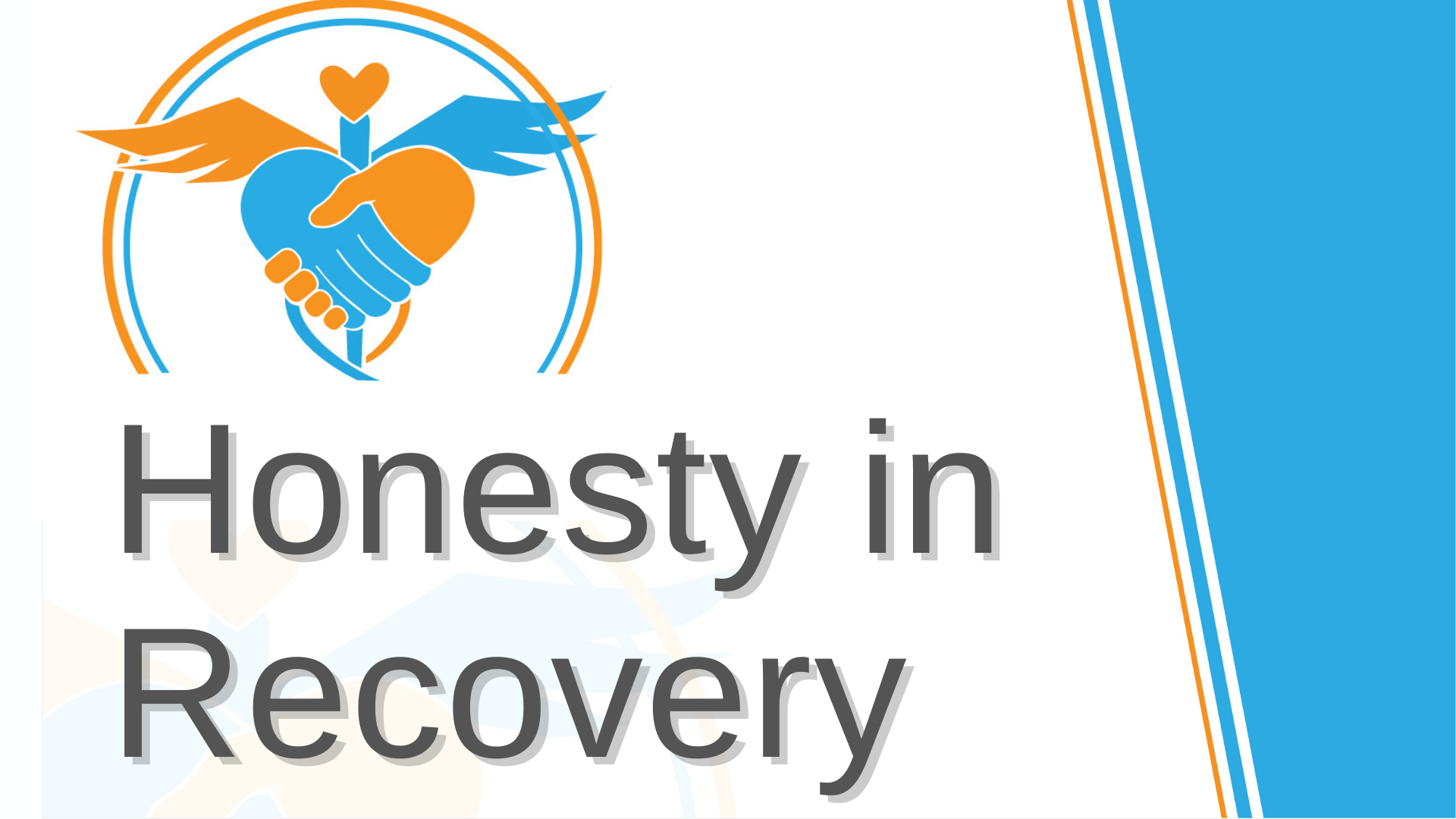My name is Jennith and the purpose of the following document is to provide a synopsis of my perspective related to the etiology of addiction and my impressions concerning a fruitful recovery from this malady. My opinions emerge unswervingly from my experiences.
My involvements have led me to believe that the majority of people suffering from addiction have experienced some form of trauma in their developmental years. This distress can be present in many arrangements and is not limited to the more tangible forms of physical, sexual, or emotional abuse. Trauma, in this sense, can present itself in more inconspicuous manners that generate the similar and enduring feelings of unsafety, unlovability, or unworthiness. I believe that regardless of the nature of the trauma, the result is a human being who has not experienced adequate connection and compassion. Without such proper human attachment comes an inability to love, accept, and comfort oneself. The consequence of this discrepancy is an attachment to something else which can insidiously develop into an addiction. In my experience, the sensations related to the ingestion of a drug of choice are akin to the feeling of a wonderful warm hug and for me this description speaks volumes in terms of the inherent deficiencies attached to the disease of addiction.
I devoutly believe that even for the addicted person who describes a normal and loving upbringing, a deeper excavation will ultimately unearth elements that foster either feelings of being unsafe, of not being unconditionally loved (attached), or of not being good enough (unworthy). I further purport that significant traumatic events that occur later in life can result in similar emotional reactions and can compose a comparable risk of initiating an addiction.
In terms of guiding such persons towards recovery, the process then needs to begin with an underlying element of compassion and unconditional positive regard. I believe this piece is essential. The individual needs to be offered a safe connection to another human being which is swarming with acceptance and understanding. In addition, the client needs to be addressed from the biological, psychosocial, sociological, and spiritual perspectives.
Biologically, the afflicted individual needs to mend physically. For some clients this may include detoxification, but most certainly for all it will involve an establishment of adequate nutrition, sleep habits, hygiene, and self-care. Many addicts have misplaced this rudimentary attention to themselves and it must be reestablished for healing to begin.
From a psychological perspective, self-awareness must be heightened. To begin, the client must reflect upon their past and come to terms with the nature of personal circumstances and the consequences thereof. This often involves a vigorously honest look at personal resentments, fears, and other difficult emotions. Additionally, from the psychological perspective, current cognitions need to be adjusted. Addicts are often inundated with negative critical self-talk that seeps into all areas of life and an alteration of such thinking patterns is often warranted. In my experience, a dialectical behavioral approach can be fruitful in this regard as often the addict’s first thought is a maladaptive one and in direct opposition to a positive and productive manner of thinking.
In terms of the sociological environment, it is imperative for addicts to disassociate from the people, places, and things that hijacked a healthy lifestyle. This can be extremely challenging and is often at the root of relapse. In addition to staying away from the old and unhealthy life, addicts who develop healthy supports in the form of family, friends, and self-help fellowships are often rewarded with success.
Finally, a spiritual life, in some form, can inspire and solidify wellness. It is important for addicts to discover a sense of purpose in life and to exercise mindfulness which can help bourgeon an ability to live in the moment and with an acceptance of oneself as an equal and deserving creature.
This is all in the spirit of reconnecting with oneself and securing a personal place in the universe. Addiction is the evolution of an absence of self and self must be present for survival. My name is Jennith and I’m an addict. Sobriety date: July 13, 2016 (1309 days of clean time). But who’s counting.

